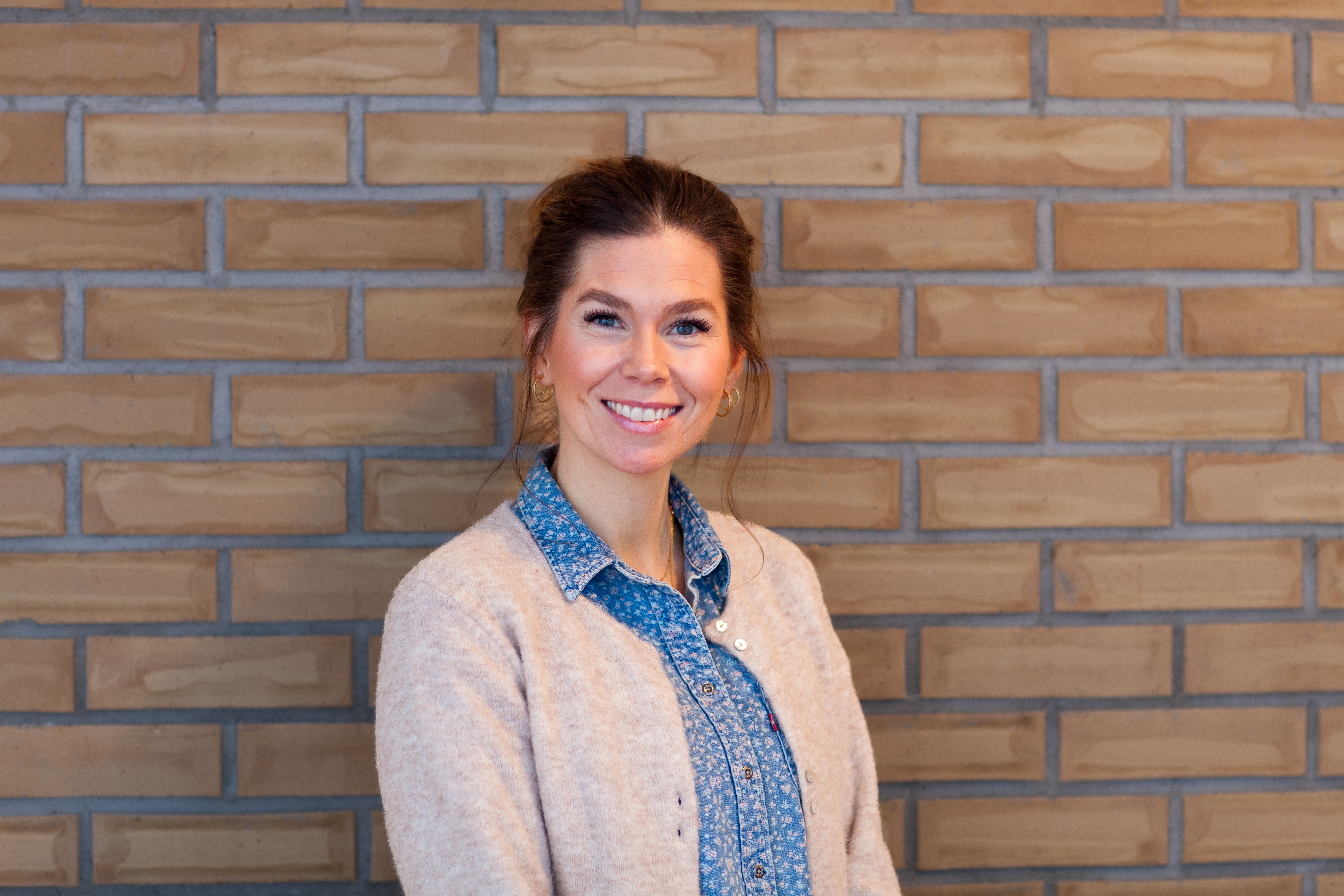Master’s research in the eHealth@Hospital-2-Home project explores the impact of the nurse assisted digital health intervention on the family members of participants in the feasibility study.

Last year in June of 2023, Christine Tvedt-Gunderson completed her Master’s in Health Sciences. She has a clinical background in nursing, with experience in the care of individuals with bone marrow, lymphatic, and lung cancer. She is now working at the University of Stavanger as a lecturer.
Her desire to complete a master’s was fuelled by curiosity and a desire to delve deeper into public health issues. Choosing to work with in the eHealth@Hospital 2 Home project was deliberate as she recognised that robust digital healthcare services are likely to become essential in the future. She recognised that the challenges that health care services will have, particularly given the projected increases in the aging population and decreases in healthcare professions. Christine wanted to contribute to better understanding the impact of digital health interventions. The project matched this desire, due to its focus on those with chronic or prolonged illnesses.
Her master’s research project, focused on exploring the impact that the nurse assisted digital intervention might have on the participants family members. Focusing on the next of kin experience was based on Christine’s experience as a nurse for over 16 years. She had observed that illness had a profound impact not just on patients but also their family members. She wanted to explore if the digital intervention would alter relatives experience, even though they were not included in the study activities.
He master’s project was her first experience in conducting research. She found that conducting interviews with relatives proved captivating and enlightening. She felt a sense of humility as participants in her research willingly shared how the role of caregiving influenced their own lives and well-being. Subsequently analyzing the gathered data constituted the most rewarding aspect of her master's project. On the flip side, the primary challenge lay in recruitment to her master’s project. Both in recruiting enough of participant numbers and the ensuring the representation of female respondents.
While her research is completed and written up in her master’s thesis, she is now in the very beginning of the process of writing an article with her supervisor Marianne Storm to share the results of her research project with healthcare providers. At the Health Services Research Conference in November 2023 she presented her results with positive comments and interest in her research. Her abstract is in the conference book of abstracts (In Norwegian).
Her research has highlighted that relatives of patients with chronic illness may themselves require assistance and support from the healthcare system due to the burdens associated with caregiving roles. The associated caregiver burden may result in a critical consequence of the potential exit of relatives from the workforce, resulting in the loss of valuable labor for society. While her project was small it suggests that the integration of tools such as digital home monitoring may promote patient self-care while concurrently providing relief for caregivers.
Make sure you follow the eHealth project. Once her paper is published, the link to read more about this interesting piece of nurse led research will be provided.